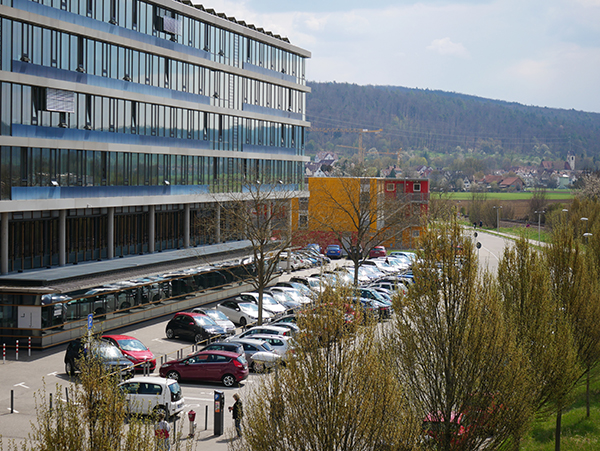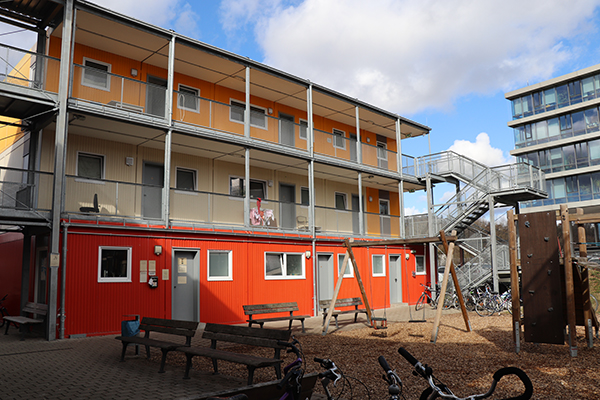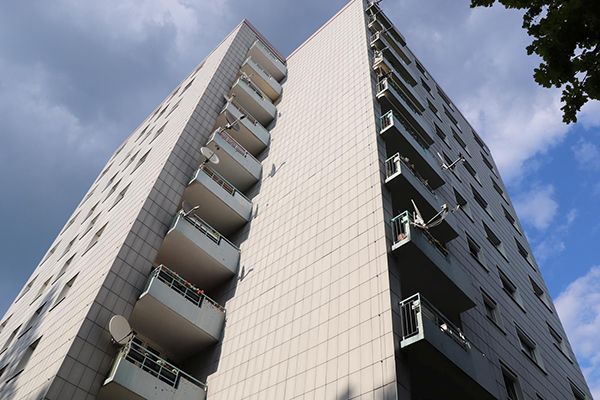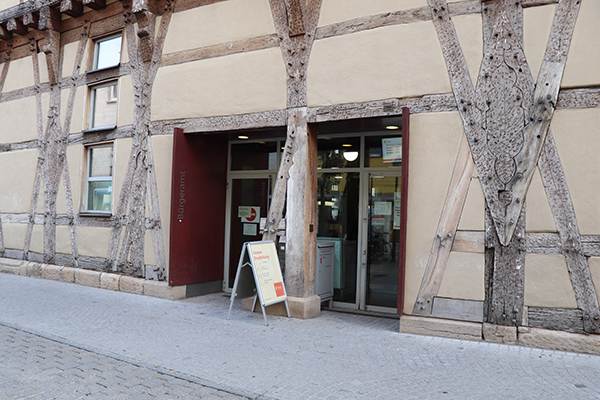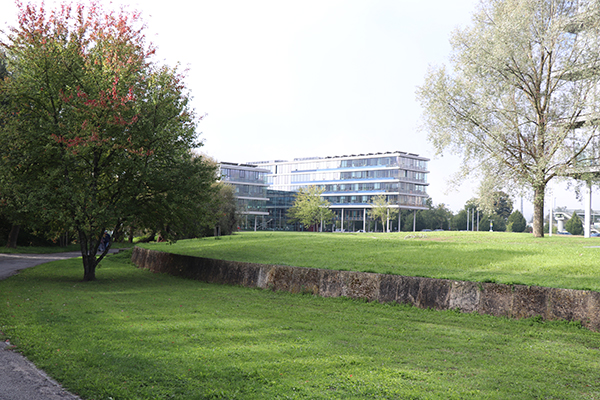By Qoutayba Abboud Many refugees who came to Germany since 2015 can and want to apply for German citizenship now. In order to obtain German citizenship, certain requirements must be met, such as length of stay in Germany, residency status, German language skills, or livelihood security. In addition, the application process for naturalization of families with children differs from that for single persons. To learn more about this, tünews INTERNATIONAL visited the naturalization office of the Tübingen District Office, which is responsible for the entire district, and found out about the requirements that apply specifically to families with children. The… Read More
Category: 1-RESIDENCE – ENG
New law may enable residence for tolerated persons
As of January 1, 2023, the new opportunity residence law will enable an 18-month right of residence for tolerated people and families. It is in Section 104c of the Residence Act and applies to people who have lived in Germany without interruption since October 1, 2017 or longer and are only tolerated. Other requirements include a commitment to the free democratic basic order, no criminal offenses (i.e., not more than 50 daily sentences for general offenses or more than 90 for offenses under the asylum/residence law), and no repeated intentional false statements about identity or nationality that prevent deportation. Persons… Read More
German test for immigrants: new rules
There is a language test especially for immigrants—the German Test for Immigrants (DTZ). With it, they can prove knowledge at levels A2 and B1. Since January 2023, there are new rules. Anyone who wants to take the DTZ exam must either have a valid entitlement to attend an integration course or attend a course section of the integration course beforehand at their own expense. A course section (module) comprises 100 hours of instruction. At the Volkshochschule (VHS) Tübingen, for example, the full-day language exam costs 150 euros. Listeners of the VHS Tübingen, it says on the VHS homepage, get a… Read More
Money for blankets and food
Von Brigitte Gisel Earthquake victims in northern Syria are still receiving hardly any outside help. TüNEWS editor Youssef Kanjou organizes support on his own initiative. “We are collecting money for northern Syria because of the earthquake. Because people are not getting enough aid and they don’t have enough food.” The appeal reads breathless, desperate—and that’s the situation. “They are doing very badly,” Dr. Youssef Kanjou says of his mother, brother and family and cousins who live in Jenderes in northwestern Syria near the border with Turkey. “They lost everything,” says the former director of the National Museum of Aleppo, who… Read More
Faster visa appointments for Syrians from earthquake regions
The visa process for Syrians affected by the earthquake in Turkey and Syria has been eased. Above all, this means faster appointments for the application. People from Syria can apply for visas at German missions in the region—such as Istanbul, Beirut, Amman and Erbil. This was the response of a press spokeswoman of the German Foreign Office (AA) to an inquiry from tünews INTERNATIONAL. There will be more appointments at the visa offices in Beirut and Istanbul for family reunification with Syrian nationals in Germany who are eligible for subsidiary protection, according to the AA website. There will also be… Read More
Germany as a destination for refugees in 2022
In 2022, 1.3 million refugees have arrived in Germany, including more than one million from Ukraine and 245,000 from other countries. Globally, 28.6 million people are currently living as refugees outside their country, according to the UN Refugee Agency (UNHCR)—24 percent more than the previous year. The war in Ukraine has caused this sharp increase, with nearly eight million people from Ukraine, mostly women and children, seeking protection in Europe. War refugees from Ukraine are allowed to enter the European Union freely. Most of the refugees from other countries arrived via one of the routes that cross the Mediterranean Sea.… Read More
Help for migrants in the search for housing
People who immigrate from abroad or come to Germany as refugees are confronted with the challenge of looking for and finding a new apartment in Germany. Of course, having your own apartment is part of arriving and staying. However, the search for an apartment is often associated with many difficulties. Especially in the larger cities, housing is scarce and demand is high. The Federal Ministry of Housing, Urban Development and Construction (bmwsb) offers help and advice to migrants in their search for housing. In a brochure, there are many tips on how to find your own apartment as quickly as… Read More
Tübingen Foreigners’ Office only open by telephone
The Tübingen Foreigners’ Office will be closed from Monday, February 6, to Friday, February 10. It is moving to new premises. In urgent cases, such as a trip or taking up employment, staff can be reached by phone starting Tuesday, Feb. 7—daily between 1 and 4 p.m. at 07071 / 204-2550. Starting Monday, Feb. 13, visitors can use services provided by the Foreigners’ Office on site on the first floor of the building Bei der Fruchtschranne 5. There are a few changes. Visitors can get information and applications at a new information desk. The waiting room is in a separate… Read More
Certificate of fiction: Exception in Tübingen
“Expired residence permits for foreign citizens in Tübingen continue to apply.” This is what the city of Tübingen writes in a press release. This regulation concerns people who come from countries outside the European Union and want to stay longer in Germany. Those who have a valid residence permit and apply to extend it will receive a so-called fictitious certificate from the application until the decision. With the fictitious certificate, those affected can prove that they have submitted an application in good time and that they are staying in Germany legally until the decision is made. In Tübingen, there is… Read More
A new law should make it possible: from toleration to the right to stay
Under the complicated name of “Chancen-Aufenthaltsrecht”, there are new possibilities for refugees to stay who have not been recognized as refugees and are only “tolerated”, i.e. obliged to leave the country. The new federal law on this is to come into force on 1 January 2023, but still has to be passed by the Bundestag. In anticipation of the new law, the state government of Baden-Württemberg has decided to no longer deport “well-integrated refugees”. tünews INTERNATIONAL has already reported on this: https://tunewsinternational.com/?s=22101203 Who does the new regulation help? It applies to refugees with toleration who came to Germany before 1… Read More


